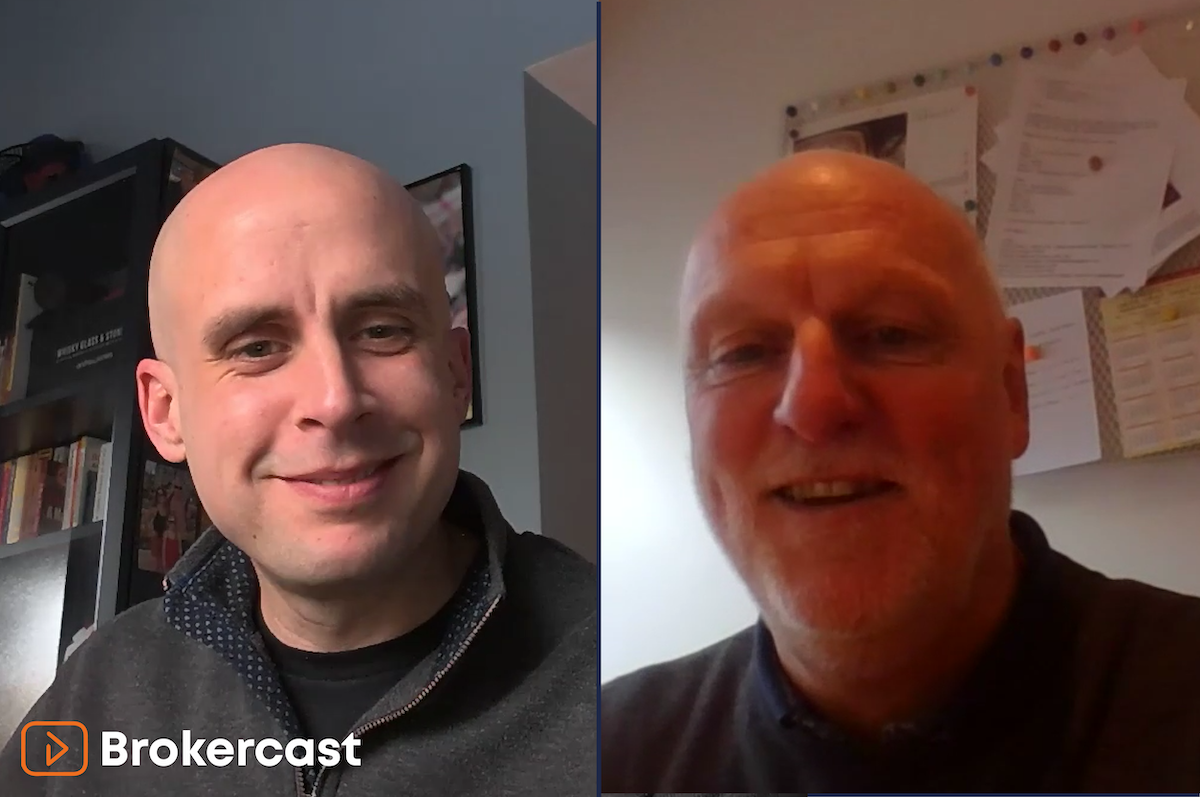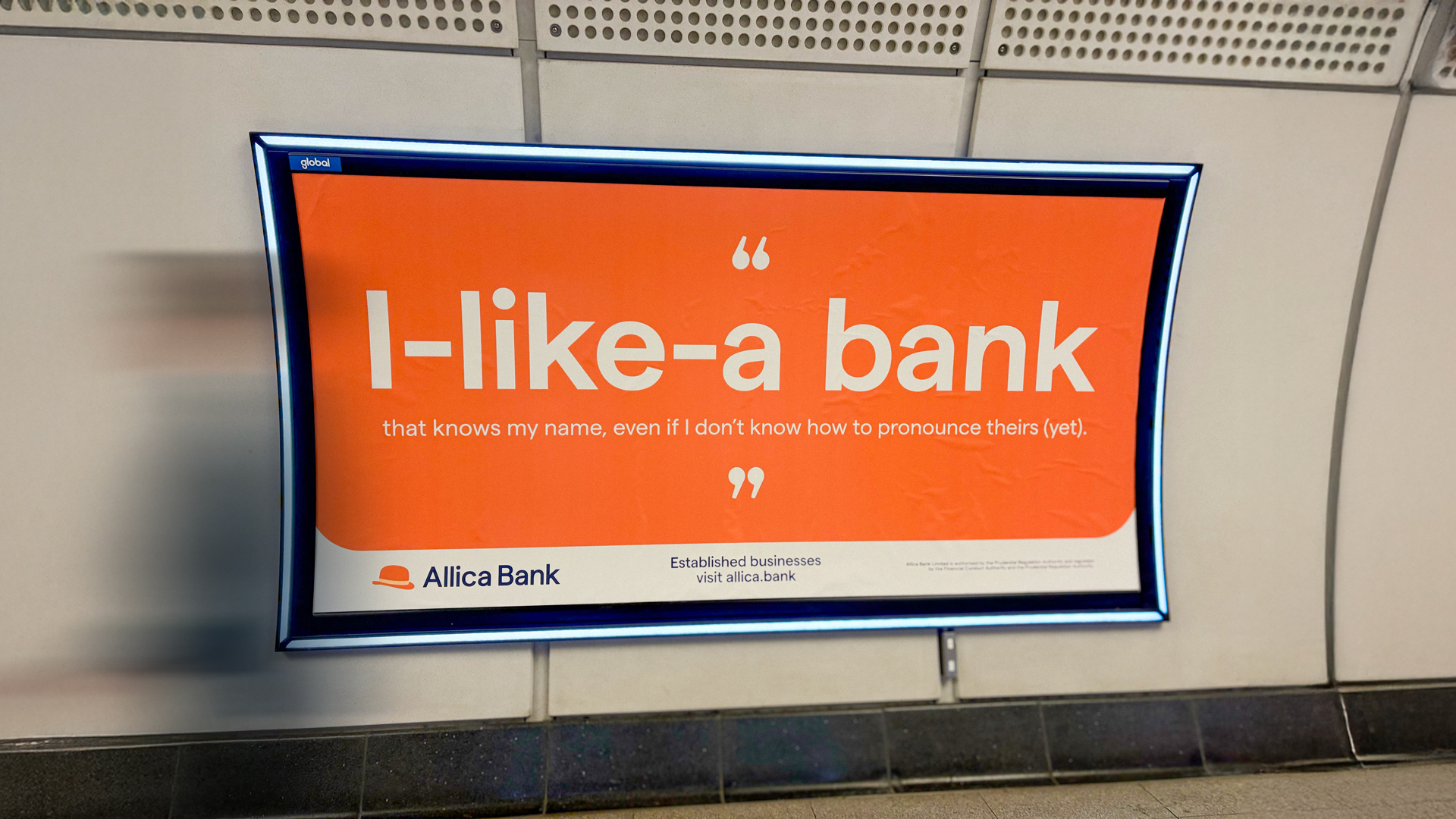Welcome to Brokercast, the first in a regular new series from Allica Bank that aims to help brokers get better outcomes for their clients.
First up is a conversation between Nick Baker, Allica Bank’s Managing Director, Intermediaries, and Bob Buchan, who heads the underwriting team. The topic? How brokers and underwriters can work together to achieve quick decisions for them and their clients. Watch the conversation below:
Nick wanted to explore with Bob how his team works, and any advice he has for brokers when it comes to submitting deals in order to progress things quickly through the underwriting stage.
Bob began by highlighting his team’s diversity and the benefits that brings. Recruited from a blend of other challenger banks, P2P lenders and the big banks, he says the team’s broad and varied background makes it easier to empathise with brokers’ needs. “We know what it’s like trying to source lending and see things from the perspective of people in the front line,” he says.
It’s all about collaboration and communication
Nick jumped straight in to the main purpose of the discussion, asking for Bob’s description of the ideal broker / underwriter relationship.
“Complete openness,” was Bob’s straightforward reply. “Both sides need to be forthcoming with anything they think could be useful for things to run smoothly. From our side, we try to be totally upfront about our policy and criteria for assessing applications. For the broker, we ask that you provide any and all information that could be relevant and will help us get to the right decision as early as possible.”
Bob explained this openness makes it easier to have a conversation about risk. “We’re not strung up on our criteria. It’s easy to find six reasons not to provide funding to a business, but that’s not what we’re about. My mantra to the team is to always look for ways to make it happen. If an application doesn’t quite fit, there’s quite often a way we can restructure it or go back with a slightly different offer to the one the client asked for.” That’s much easier to do, Bob said, when his team has all the information they need about a business.
Nick dug into another aspect of Allica’s approach that sets the bank apart. “We’ve always been keen for brokers to have direct access to our underwriters. How do you think that helps both sides?”
The short answer, says Bob, is time. “We all want to turn things around quickly. If one of the underwriters has a question or needs clarification, I encourage them to just pick up the phone to the broker and ask.”
Bob has been especially keen to avoid the ‘ivory tower’ mentality common in many underwriting operations. “We’re all here to get businesses the funding they need. Supporting brokers is an essential part of that process.”
The story behind a deal is just as important as the numbers
Nick asked if Bob had any tips for brokers about what they could do to speed up the application process. Bob replied that a one-page summary with a bit of context often makes life a lot easier. Something that succinctly lays out the essential facts of the proposed deal and its structure, and the general performance and ambitions of the business.
He stressed that the story behind the deal is often as important as the numbers in weighing up an application.
“If the client’s looking to pay interest only or wants a capital repayment holiday, that’s fine,” says Bob. “But it’d be great to know why they want it – helping us fill in the gaps, and saving my team having to go back and ask. Similarly, we’d love to see a brief background on the company directors and what they’re looking to invest in.” It might take a little longer in the initial stages, but it can be a huge time-saver further down the line.
But it’s not just qualitative information that can move things along quickly, Bob said. “Brokers can really help by providing the most up-to-date financial information possible – particularly in the current environment.”
“The latest management information is far more helpful than stale financial audits,” said Bob. “We need to know what the client can afford in the present climate. It’s in no one’s interests for us to lend them more than that.”
The impact of Covid and Brexit on application success
Nick turned to the massive challenges facing businesses at the moment. “We all know that Covid – and Brexit to some extent – has changed the way some businesses work. How are they affecting the way your team approaches funding applications?”
“It’s not all bad news,” Bob was quick to assure. “For some businesses, Covid and Brexit have actually created opportunities, though of course many others have been struggling.”
“When it comes to making an application, we will want to know how both these factors have impacted client’s business and what it means for future sales. And because no one knows how soon we’ll come out of this pandemic, we’d usually like to see some other form of liquidity in case there’s further pain down the road.”
Nick asked whether Bob shares the view of those lenders who are turning down applications from businesses that have taken up government relief.
The answer was a firm ‘no’. “We are absolutely open to lending to a business that has taken out a Bounce Back or CBILS loan,” said Bob.
“The support is there, and businesses shouldn’t be penalised for accepting it if they need it. It could well be that the government loan is the source of the additional cash reserves my team need to look favourably on the application.”
Nick looked to wrap up the conversation by asking for one final piece of advice for brokers. “What else can they do to get that swift, fully credit-backed decision?”
For Bob, it’s about having a mindset that is the opposite of ‘less is more’. “Give us all the information you’ve got,” he urged. “Don’t hold anything back.”
In other words: it’s good to share.





